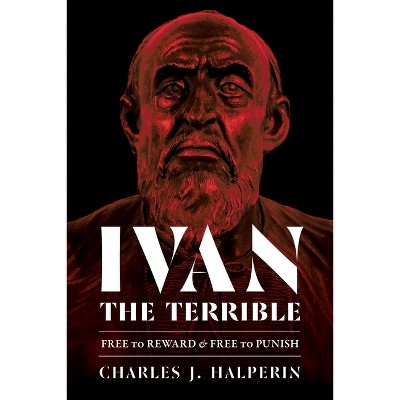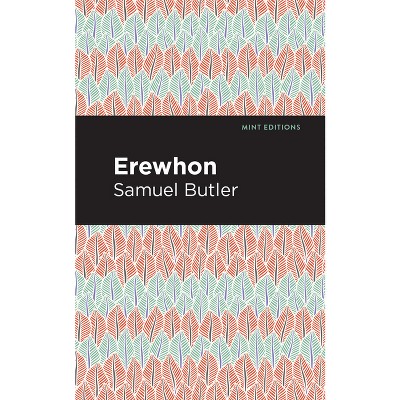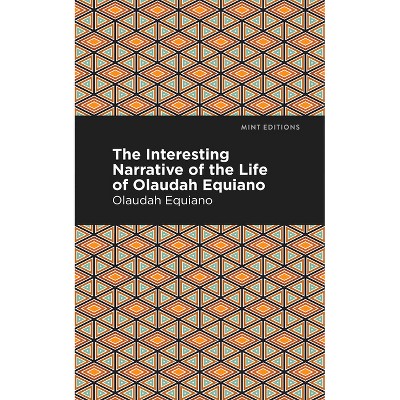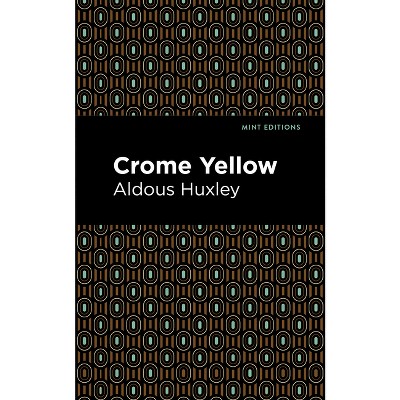Sponsored

The Geopolitics of the Cold War and Narratives of Inclusion - by K Coogan-Gehr (Hardcover)
In Stock
Sponsored
About this item
Highlights
- This book illuminates intricate and unexpected connections among the past of academic feminism, the geopolitics of the Cold War, and the concept of intersectionality as it is articulated in scholarship on and by U.S. women of color.
- About the Author: KELLY COOGAN-GEHR Lecturer in Women's and Gender Studies Program at Eastern Washington University, USA.
- 196 Pages
- Political Science, Political Freedom
Description
About the Book
"Most feminist scholars rely on a stock narrative of the history of feminist scholarship, which purportedly defines its processes and outcomes by decades: the white liberal feminist 1970s; the women-of-color, postmodern 1980s; and the poststructuralist, difference-focused 1990s, which they assume is adequate. Identifying the deficiencies of this stock narrative, the book develops alternative accounts of feminist scholarship in its formation, contrasting the explanatory possibilities of approaches drawn from the history of ideas, the sociology of knowledge, and Foucauldian archaeology. These three accounts illuminate intricate and unexpected connections between academic feminism and geopolitical forces, such as the Cold War, increased federal funding for higher education, changing priorities within philanthropic foundations, and the emergence of development studies, area studies, and subfields, such as Women in Development and Gender and Development. By complicating the narrative history of feminist studies, the book offers a fresh interpretation of the centrality to academic feminism, particularly in postcolonial and transnational feminist scholarship, of key concepts advanced by U.S. scholars of color, above all intersectionality"--Provided by publisher.Book Synopsis
This book illuminates intricate and unexpected connections among the past of academic feminism, the geopolitics of the Cold War, and the concept of intersectionality as it is articulated in scholarship on and by U.S. women of color.Review Quotes
"Using interviews with former editors and archival materials from the first decade of the interdisciplinary academic journal Signs, Kelly Coogan-Gehr shows how this influential journal dealt with issues related to development studies, Third World women, and US women of color, and how all this was affected by external funding agencies and their policies. The book is quite well written and thoughtful. It deals with important issues and raises many good questions, and was a pleasure to read."
- Marilyn J. Boxer, professor of History emerita, San Francisco State University"Kelly Coogan-Gehr corrects the simple narrative of how women s studies grew out of the women s movement by tracking the first decade ofSigns to reveal how the government, private foundations, and the university interacted with scholars to shape and legitimize certain frames for studying women. The archival research challenges ivory tower notions of our operations by detailing the complexities of sociopolitical and geopolitical factors. I found Coogan-Gehr's historical accounting illuminating and her theoretical presentation engaging. Scholars inside and outside the feminist community will appreciate this methodology for understanding an inquiry into the development of a field." - Elizabeth Higginbotham, Department of Sociology, University of Delaware"A compelling critique that unsettles assumptions about the origin of women s studies and the compatibility of the contemporary university and progressive feminist scholarship."
- Paula J. Giddings, Elizabeth A. Woodson 1922 Professor, Afro-American Studies and editor, Meridians: feminism, race, transnationalism
About the Author
KELLY COOGAN-GEHR Lecturer in Women's and Gender Studies Program at Eastern Washington University, USA.Shipping details
Return details
Trending Non-Fiction

















